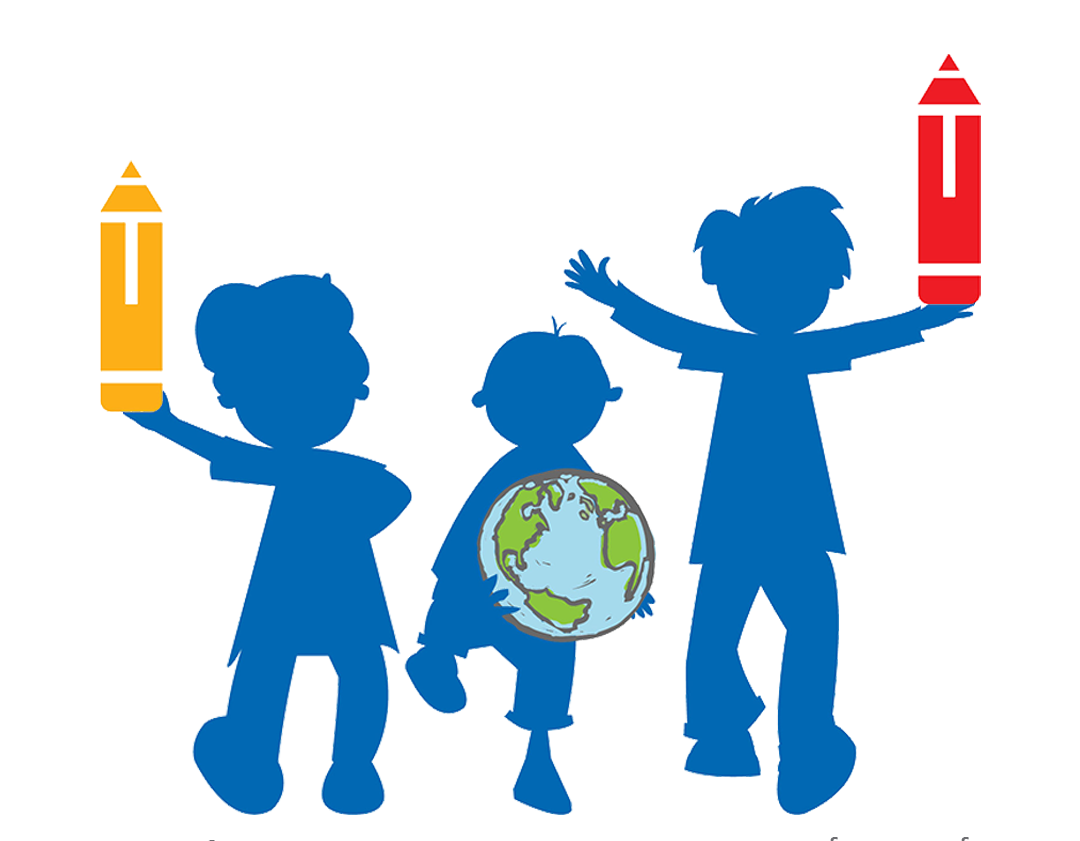Imagine a cotton seed, just sprouting. Over time, that cotton plant will grow until its ready to harvest. Along with many others, it will be picked, processed, and sent to a factory to be woven into mass-produced t-shirts, every fiber woven into the same shape.
This is unfortunately how children are treated by the school system. Schools are viewed as businesses and factories to produce “capable” workers.
This?
This is not education.
This is a standardized process that puts mentally diverse and creative children and forces them to fit into a mould that, for many, is needlessly challenging and breaks down their creativity and potential. Children and even adults require real education. That means they need:
Engaging environments and lessons.
More attention into the Design of both the physical school and the structure of the curriculum.
Unique subjects and building up of passionate skills.
An environment that fosters and teaches Cooperation, Commitment, Community, and Core. skills and encourages Advancement, Awareness, and Activity.
Better incorporation of Technology.
A space that allows for Innovation, Imagination, and Independent study as well as Opportunity.
Spaces that have students’ Needs met.
While we are seeing many new schools implement these principles; faster, and more widespread implementation is of the essence.
Many countries have similar principles in private schools, but these can often be unrefined and inaccessible to the masses. It is undeniable that more funding, but more importantly, more care from the government must go into redefining what a school is and making better schools more accessible to everyone.
On the other hand, many students, old and young, express that they learned better at home, learning subjects of their interest from sources like Khan Academy, a platform founded by one man over 16 years ago that helps students from all over the world in all sorts of subjects, that started with him sharing his knowledge to help his cousin in math. Alternatively, the genre of “Edutainment” has rapidly grown as a way to genuinely increase knowledge in an interesting and fun way. It is also the responsibility of people and communities across the globe to share their knowledge, no matter what kind.
In conclusion, it is troubling that when asked about what they think of schools, most children will describe an almost prison-like situation, where information is shoved down their throats to be regurgitated onto the test. It is critical that people and governments give more attention to restructuring the school system and offering real knowledge through genuine EDUCATION. Education that caters to and builds up on the unique skill set and creativity of each and every child, because, ultimately, the hidden innovators and pioneers that we cultivate today, will lead the future of tomorrow.

